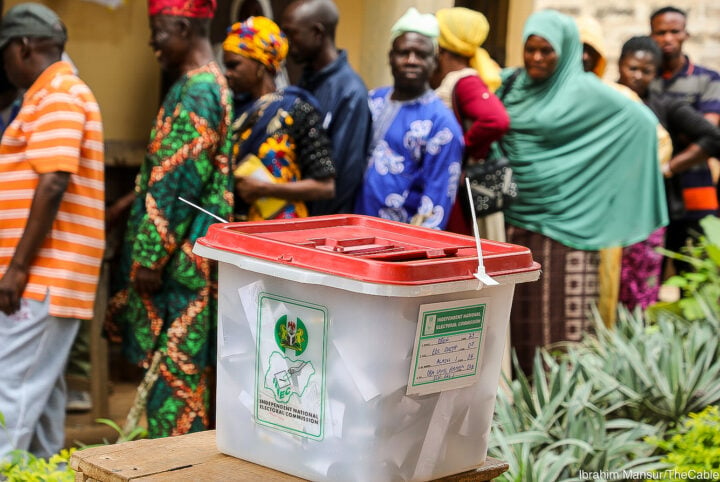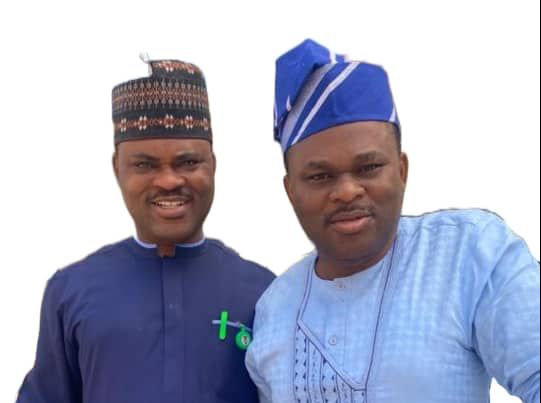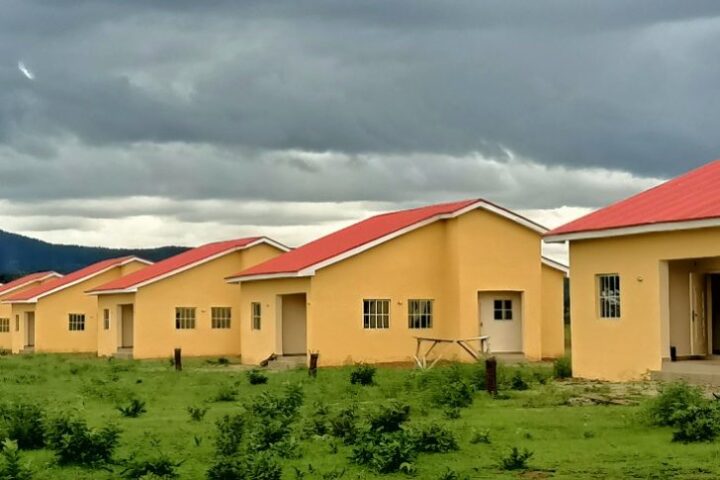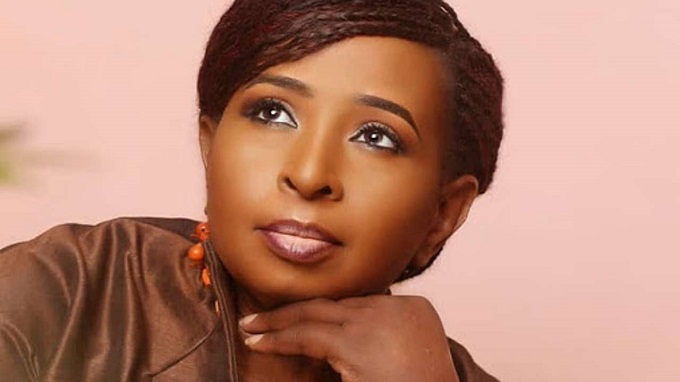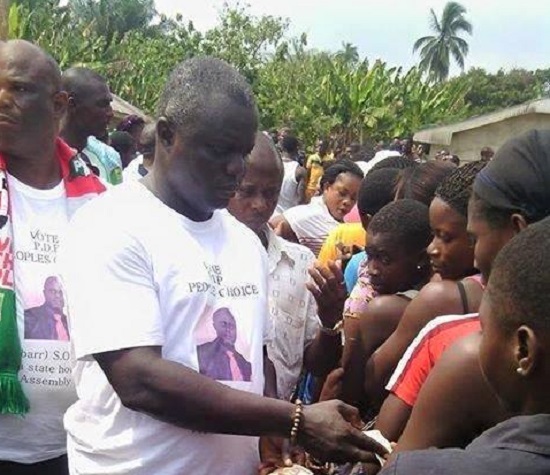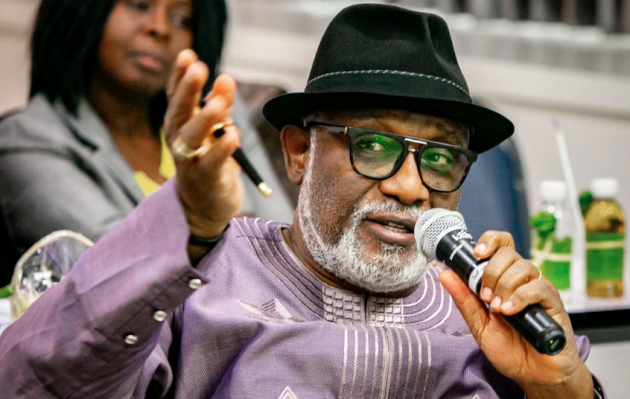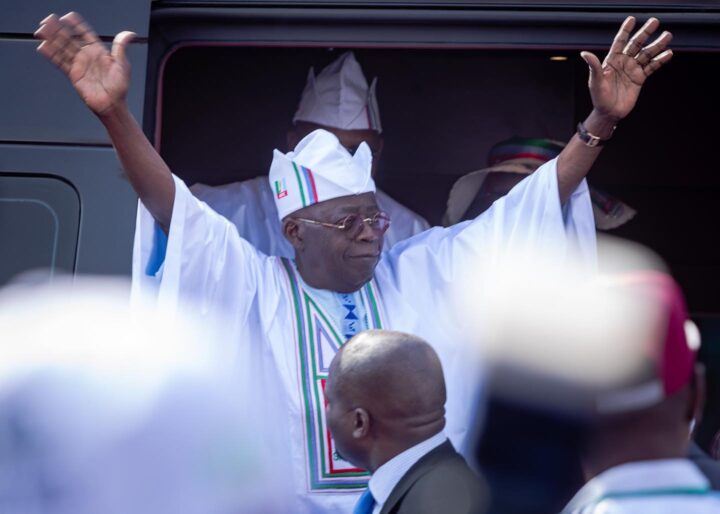BY JEROME-MARIO CHIJIOKE UTOMI
To understand, more fully, the current wave of political realignments in the country and be able to make objective projections, it is important that we first cap ourselves with the words of Elie Wiesel, a Romanian-born American Jewish professor, political activist, Nobel Laureate, human rights activist and Nobel Peace Prize-winning author of more than 50 books, who among other remarks noted that as a people, “we must take sides as neutrality helps the oppressor, never the victim. Silence encourages the tormentor, never the tormented”.
Taken objectively, the above opinion is considered important to Nigerians who are in this period of change and uncertainty, particularly as the nation prepares for the February 25 and March 11, 2023, general election, faced with the freedom to make choices but traditionally manipulated – a development that may, at the end of the day, push many to stand-by and helplessly accept the future that may be forced on them.
On the other hand, Elie Wiesel’s wisdom, in the estimation of the vast majority of Nigerian political leaders, is nothing but a false proposition that should be discarded.
Advertisement
And it hardly needs to be said that the above state of affairs adopted by our ‘leaders’ has visibly weakened the masses’ ability to determine how their political officeholders emerge, led to a gross failure to achieve effective leadership in the country and promoted general disinterest in the masses’ participation in the nation’s political life.
As we focus on the enormous crisis above, it is important to renew emphasis that political alignment/realignment in Nigeria, as we know, is not a creature from outer space as the country has in the last 58 years of independence undergone ‘‘life-changing’’ political metamorphosis where Jeers have without end deafened the cheers.
What has however caused concern is that after watching the recent manipulation of power and ambition, demonstration of the art of compromise, and the rise and fall of political desire to conquer during the just concluded party primaries, the masses still appear not to allow the wisdom from that experience to be their teacher.
Advertisement
Looking at the nation’s electoral arrangement, the onus to setting the political agenda for public office seekers lies on the masses but what we have seen instead is that the majority of Nigerians have abandoned this crucial responsibility and become fixated on the emergence of Alhaji Bola Tinubu of the All Progressives Congress (APC), Alhaji Atiku Abubakar of Peoples Democratic Party (PDP), and Peter Obi of Labour Party (LP) among other candidates without asking about who truly love Nigerians or who among them can truly say he is not merely pretending to love Nigeria?
In the same breath, Nigerians have not also shown enough concern about the quality of those going into the various chambers of the legislature even when it is factually backed that the country will never have a good president without good lawmakers.
This fundamental failure of the masses to proactively probe the obligation of power, and possibly seek reasons as to why the democracy we practise has neither guaranteed social justice nor promoted social mobility is responsible for the agonizing national crisis Nigeria is currently facing.
Without a shadow of a doubt, ours is a nation laden with poor leadership.
Advertisement
Our country Nigeria is awash with captivating development visions, policies and plans, but impoverished leadership and corruption-induced failure of implementation of development projects on the part of the political leaders are responsible for the underdevelopment of the country; this appalling situation should be enough reason to set our imaginative prowess to task as we race towards 2023 general election.
Like Bishop Mathew Kukah of the Catholic Bishop of Sokoto Diocese asked a while ago; “imagine what Ajaokuta could have been like if Nigerian leaders had any sense of continuity and patriotism?”
Can you imagine the impact on our economy if the refineries had been working efficiently?
Can you imagine what our railway systems could have been like if those saddled with the project had the presence of mind to carry on with these projects? Can you imagine what our situation would have been like with the aviation industry functioning prominently?
Advertisement
Obviously, the inability of an average Nigerian to act in this direction is barefaced proof that the greatest problem confronting us today as a nation is that the vast majority of us have lost, or had never equipped ourselves with the philosophy to challenge the nation’s economic logic and capacity to pursue the theory of development or governance.
Very instructive, Nigerians are not reaping the electoral/democratic dividends and may continue with this burden of the familiar tactics because they have allowed the means they currently live to outdistance the civility they should seek.
Advertisement
This situation is even made worse in the writer’s views by the over-reliance/bootstrapping of our obligations/rights to the leaders who unfortunately are in the habit of being compassionate by proxy.
Sadly, this challenge when closely examined has its foundation rooted in the successive administration’s criminal neglect and reduction of the nation’s educational quality baseline as bequeathed to us by the colonial masters. And like an unchained torrent of water, has submerged our pragmatic intelligence and democratised poverty while leaving Nigerians incapacitated to arrange an order of priorities that promises solutions which are decent for the present political situation.
Advertisement
And, it will amount to a higher level of self-deceit on the part of Nigerians to believe that the present combination leading the nation will bring the needed structural and socioeconomic changes in the country as they did not come for such programmes and will not reassemble for it.
Coming out of this sorry circle as a nation particularly as we approach the entrance doors of the 2023 general election will, apart from developing imaginative reintegration to ask solution-oriented questions, demand that Nigerians elect intelligent citizens that will unite the country, those that know the history of Nigeria very well and has the charisma, skills, and networks to attract and bring educated and knowledgeable people together without ethnic or religious learning’, and avoid nepotism, those that are honest, transparent, and are not greedy.
Advertisement
Apart from the above demand, it may also be politically advantageous if Nigerians increasingly, either by choice or by accident, stand with greater determination to support candidates embodied with virtues that the world can respect, those with the moral and ethical principles that all can applaud – such support must be trust-based and instant gratification as currently practised, discarded.
In the interim, there is no time for sitting on the fence. In fact, it is a fenceless election.
This is the little beginning that will ensure the emergence of a new Nigeria that we shall all be proud of.
Utomi is the programme coordinator (Media and Policy), Social and Economic Justice Advocacy (SEJA), Lagos. He could be reached via [email protected] or 08032725374
Views expressed by contributors are strictly personal and not of TheCable.
Add a comment
